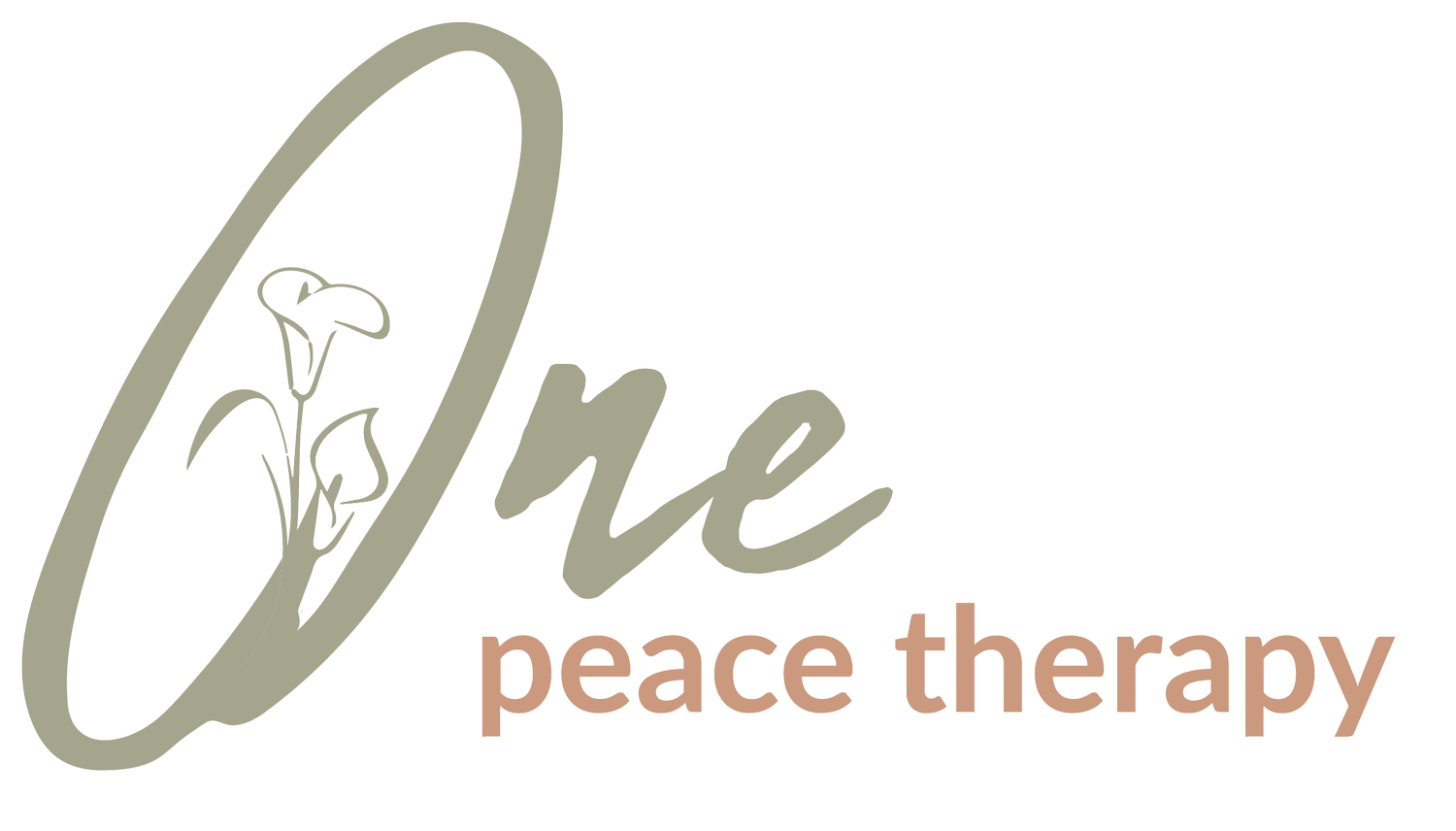
Pregnancy Concerns and Treatment Options
What Are Pregnancy Concerns?
Pregnancy is a transformative journey that brings immense joy, anticipation, and, at times, emotional and psychological challenges. Each stage of pregnancy—the beginning, middle, and birth—comes with unique concerns that can affect an expectant parent’s mental health. From early anxieties about conception and health to the emotional shifts of the second trimester and the uncertainties surrounding labor and delivery, these challenges can feel overwhelming. Seeking professional support can help expectant parents navigate these emotional hurdles with confidence and resilience.
What Are Common Signs of Pregnancy Concerns?
First Trimester (Beginning of Pregnancy):
Anxiety about the pregnancy’s health and viability
Mood swings and emotional instability
Nausea, fatigue, and their impact on mental well-being
Fear of miscarriage or complications
Adjusting to lifestyle changes and new responsibilities
Second Trimester (Middle of Pregnancy):
Body image concerns as physical changes become more apparent
Relationship shifts with a partner or family
Increased stress about future parenting responsibilities
Difficulty managing work-life balance
Emotional responses to prenatal screening results
Third Trimester (Approaching Birth):
Fear of labor and delivery pain
Concerns about medical interventions (C-sections, epidurals, etc.)
Anxiety about newborn care and parenting readiness
Birth plan uncertainty and decision-making stress
Managing sleep disturbances and discomfort
Postpartum Concerns:
Baby blues and postpartum depression
Feelings of inadequacy or guilt as a new parent
Bonding difficulties with the baby
Managing expectations vs. reality of motherhood/parenthood
Adjusting to role transitions and identity shifts
Pregnancy Treatment Using Mindfulness-Based Therapy and Stress Reduction
Mindfulness-Based Therapy & Stress Reduction refers to therapeutic approaches that incorporate mindfulness techniques to help individuals manage stress, anxiety, and emotional challenges. In the context of pregnancy, this therapy focuses on cultivating present-moment awareness, reducing fear and worry about the future, and promoting emotional resilience. Techniques may include deep breathing, meditation, guided imagery, grounding exercises, and gentle movement practices like prenatal yoga. These methods help expectant parents regulate emotions, manage stress, and develop a compassionate and accepting mindset toward their changing bodies, emotions, and the upcoming birth experience.
Encourages relaxation techniques such as deep breathing, meditation, and guided imagery
Helps regulate emotions and build mental resilience
Reduces pregnancy-related stress and promotes a positive mindset
Teaches mindful self-compassion techniques to help parents be gentle with themselves through emotional and physical changes
Provides grounding exercises to manage anxiety and fear associated with labor and delivery
Supports expectant parents in staying present and reducing intrusive thoughts about worst-case scenarios
Incorporates gentle movement practices, such as prenatal yoga, to promote physical relaxation and emotional balance
Pregnancy Treatment Using Trauma-Informed Care
Trauma-informed care in psychotherapy for pregnancy concerns means providing therapy that acknowledges the impact of past trauma—such as pregnancy loss, medical complications, or distressing childbirth experiences—while creating a safe, supportive space for healing. This approach is based on understanding how trauma affects mental and physical health, ensuring that therapy is delivered in a way that avoids re-traumatization. In the context of pregnancy, trauma-informed therapy might include:
Recognizing triggers related to past medical experiences or birth trauma
Providing choice and control to empower expectant parents in their care decisions
Using gentle, body-based therapies to help process trauma stored in the nervous system
Provides a compassionate, safe space to explore past traumatic experiences that may impact pregnancy or birth
Uses trauma-informed techniques such as EMDR (Eye Movement Desensitization and Reprocessing) to process distressing emotions
Helps expectant parents regain a sense of control and confidence over their pregnancy and birthing experience
Incorporates somatic (body-based) therapies to address physical responses to trauma and build resilience
Develops personalized coping strategies for labor, delivery, and postpartum recovery
Supports individuals with a history of miscarriage, stillbirth, or complicated birth experience
General Pregnancy (Postpartum Depression and Anxiety) Treatment Options
Postpartum depression and anxiety can significantly impact new parents, affecting their emotional well-being, ability to bond with their baby, and overall quality of life. A trauma-informed approach recognizes that childbirth and postpartum experiences can be influenced by past or present trauma, and therapy is tailored to ensure sensitivity, safety, and empowerment.
Early Identification & Screening: Recognizing symptoms of postpartum depression and anxiety through structured assessments and early intervention.
Creating a Safe Therapeutic Space: Ensuring therapy sessions are conducted in a supportive, non-judgmental environment where new parents feel heard and validated.
Cognitive-Behavioral Therapy (CBT): Helping individuals recognize and reframe negative thought patterns that contribute to postpartum distress.
Interpersonal Therapy (IPT): Addressing role transitions, social isolation, and relationship changes that may contribute to postpartum struggles.
Mindfulness-Based Stress Reduction (MBSR): Teaching relaxation techniques, breathwork, and meditation to ease anxiety and promote emotional balance.
Somatic Therapy: Utilizing body-based techniques to help regulate emotions and reduce stress stored in the nervous system.
Partner and Family Involvement: Encouraging supportive communication, shared responsibilities, and a strengthened support system to help ease postpartum challenges.
By addressing postpartum depression and anxiety with a compassionate, trauma-informed lens, therapy can empower parents to regain confidence, build emotional resilience, and foster a positive connection with their newborn.
Identifies early signs of postpartum depression and anxiety
Offers emotional support and structured therapy to promote healing
Includes interpersonal therapy (IPT) to address isolation and role changes

